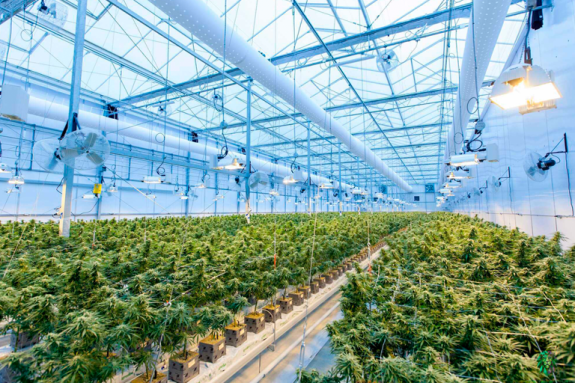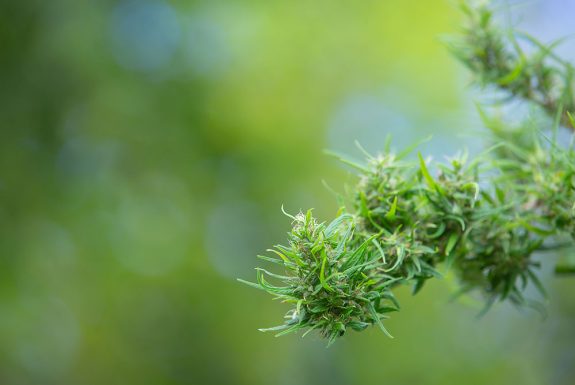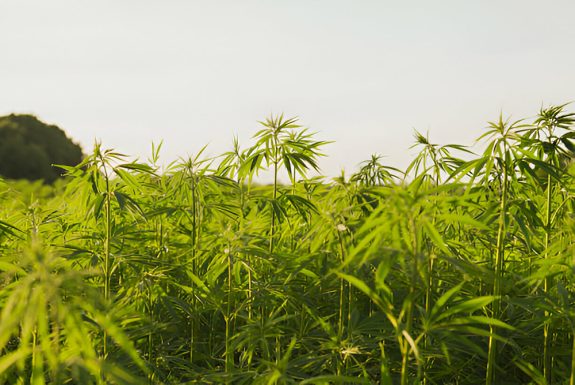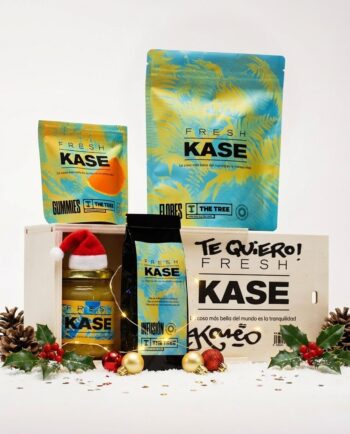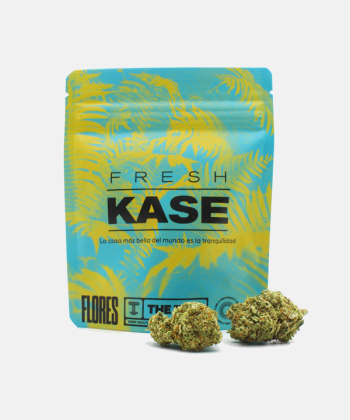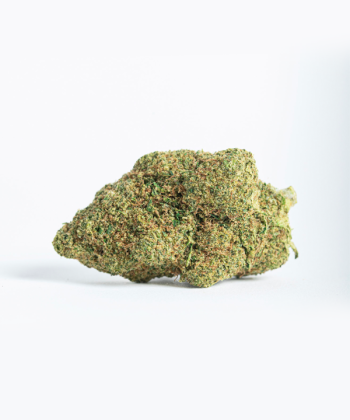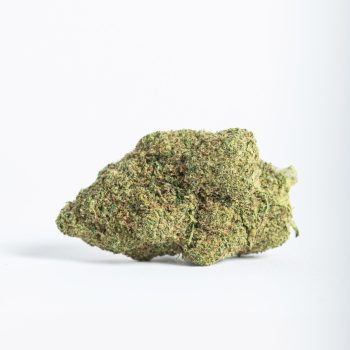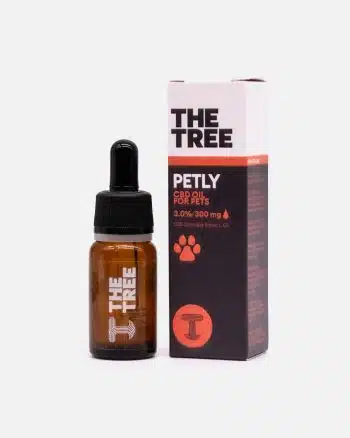The answer to this question is somewhat complex because the fine for smoking CBD depends directly on the circumstances and conditions under which it’s being smoked. So you can be fined for smoking CBD, but it’s also possible that you may not be.
On the one hand, we must bear in mind that, in Europe, CBD flowers and resins are marketed as a collector’s item. In other words, they may not be sold for smoking or consumption in any form.
On the other hand, it’s worth mentioning that the consumption of CBD isolate is legally permitted. Therefore, its use in vapes or e-cigarettes shouldn’t lead to any kind of sanction.
In this article we unpack the intricacies of the complex regulations surrounding CBD.
Under what circumstances can you be fined for smoking CBD?
As we mentioned in the previous section, in Europe, CBD flowers and resins can’t be sold for smoking, but are a collector’s item. In fact, this is stated on the packaging in order to inform buyers.
Smoking CBD flowers or CBD resins legally purchased in a CBD shop is regarded as misuse of the purchased items. However, whether or not you can be fined varies depending on the circumstances.
Both the consumption and possession of CBD flowers or resins in public places may be subject to penalties. In fact, this is quite common, as many people believe that when something is legal there are no restrictions.
No law specifically prohibits the use or possession of CBD, nor can it, as it’s legal in the European Union. However, in Spain the Organic Law on the Protection of Citizen Security classifies the possession and consumption of narcotic drugs as a serious offence, punishable by fines of between 601 and 30,000 euros¹.
Cannabis flowers and resins, whether or not they contain THC, are considered a narcotic drug in Spain, so their consumption or possession in public spaces is punishable under the aforementioned law.
However, as cannabis flowers containing CBD are a collector’s item, their possession in unsealed packaging, together with the corresponding receipt, wouldn’t be punishable because in that case they wouldn’t be a narcotic drug. In other words, what makes CBD flowers a narcotic drug is their consumption and, as explained above, the consumption of narcotic drugs in public spaces is punishable by law.
It’s also worth mentioning that, although private use still constitutes misuse of CBD flowers and resins, it’s not punishable as it isn’t a criminal offence. Therefore, although smoking CBD flowers or resins isn’t allowed in Europe, this behaviour can only be subject to a fine in public places.
But is CBD really a narcotic drug?
Given this information, the first question we should ask is whether CBD is a narcotic drug. While CBD in isolation isn’t a narcotic drug, cannabis flowers or resins may be considered as such if no distinction is made.
According to the 1961 United Nations (UN) Single Convention on Narcotic Drugs, “cannabis means the flowering or fruiting tops of the cannabis plant (excluding the seeds and leaves when not accompanied by the tops) from which the resin has not been extracted”².
This convention is an international treaty that establishes guidelines for regulating the possession, use, and sale of narcotic drugs, providing an international legal framework. For this purpose, various types of narcotic drugs, including cannabis, are defined, without mentioning their THC content. In other words, according to the 1961 Single Convention on Narcotic Drugs, any type of cannabis is a narcotic drug.
We should bear in mind that this international treaty was drafted over 60 years ago, when CBD flowers didn’t yet exist and their properties were not yet known. The cannabis agreements are based on marijuana, for which information was very scarce. At that time, it wasn’t even known that THC was its main active component, something that Dr Mechoulam discovered in 1964.
With regard to CBD, it’s worth mentioning that the Court of Justice of the European Union supports its free movement as it doesn’t regard it as a drug. According to the court, the aforementioned international treaty doesn’t mention CBD at any point, so it can’t be classified as a narcotic drug. Moreover, some changes to this treaty were implemented in 2020, which kept CBD out of the document.
Fortunately, over the years, cannabis research has achieved real breakthroughs, such as the discovery of the endocannabinoid system, or ECS, in 1992 by Lumir Hanus and other researchers. The ECS is a group of cannabinoid receptors distributed throughout the mammalian brain and central nervous system.
Many properties of cannabinoids have also been discovered, including the potential benefits of CBD. For this reason, the World Health Organisation (WHO) Expert Committee on Drug Dependence recommended in 2018 that CBD shouldn’t be controlled under international drug control policies³.
However, there’s still a long way to go for the WHO’s recommendations on CBD to be implemented in international treaties and national regulations.


